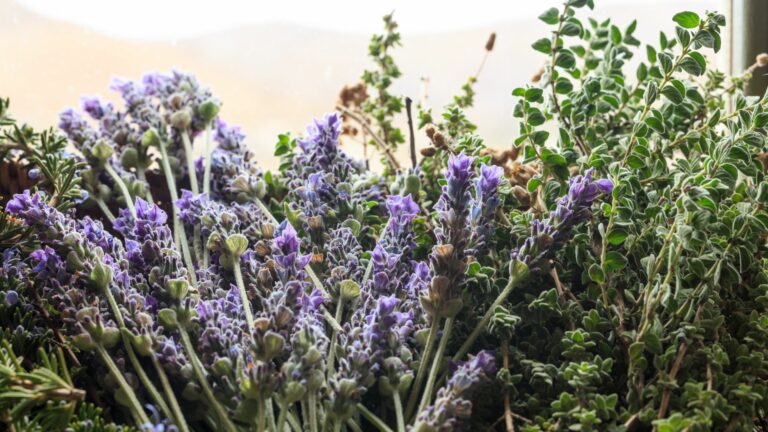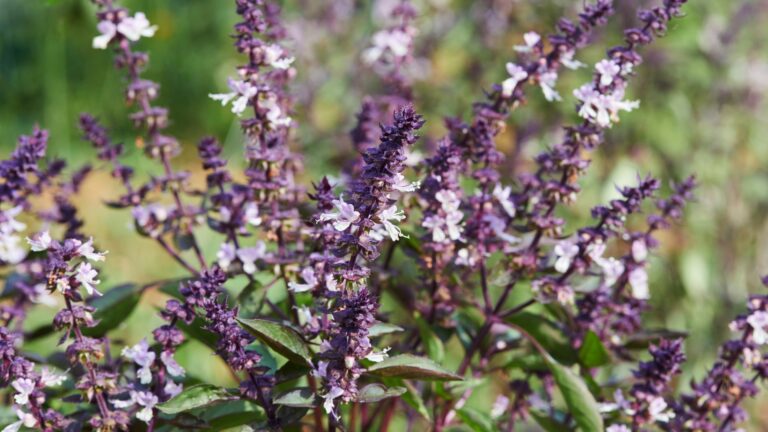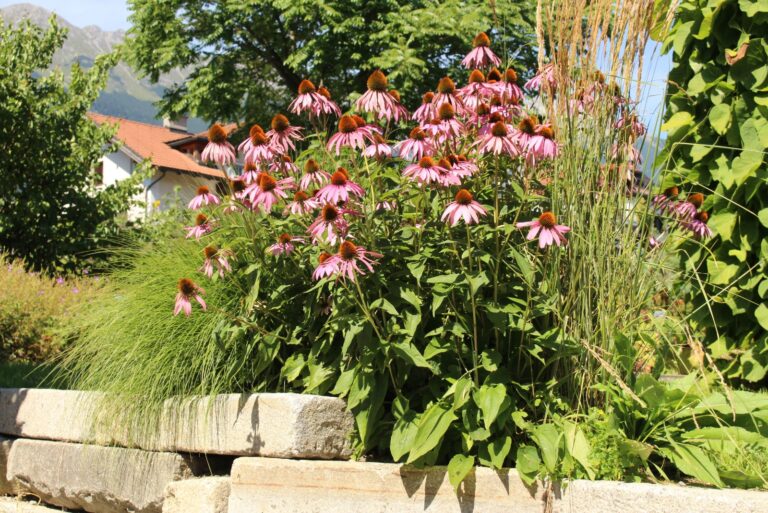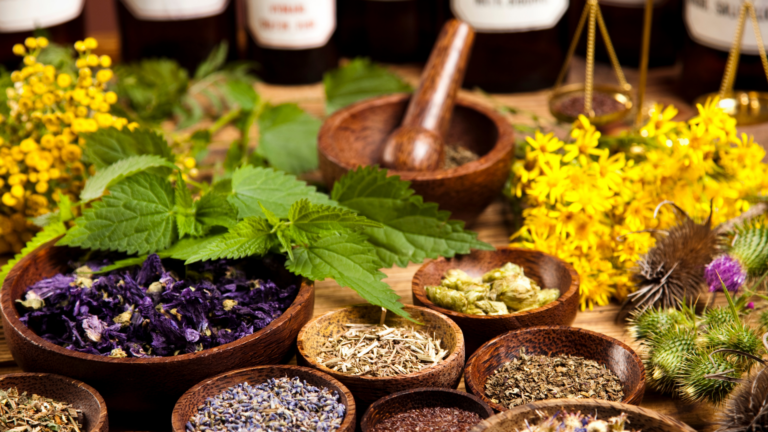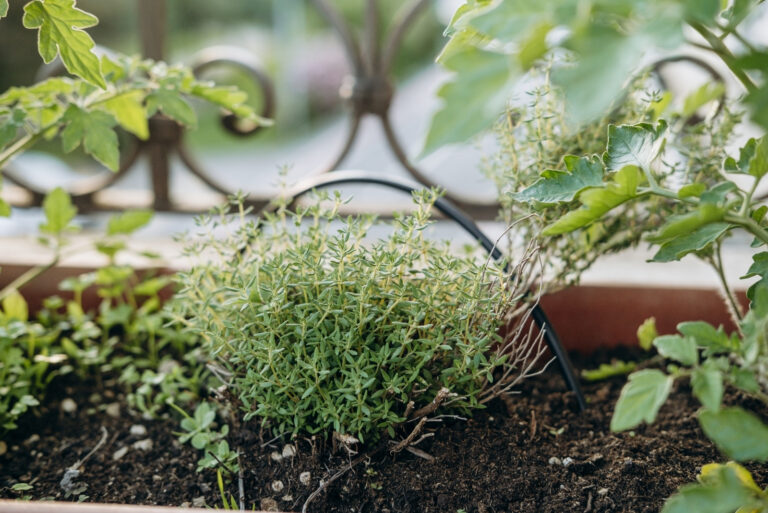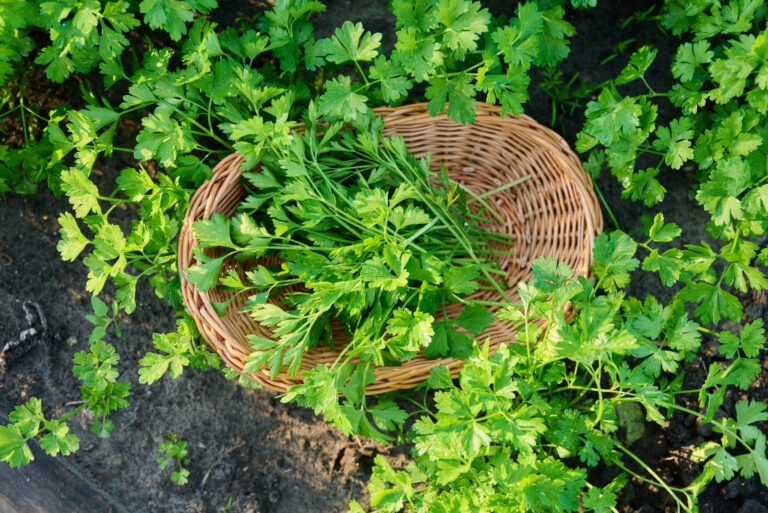Grow Herbs In Water Without Soil In New Jersey
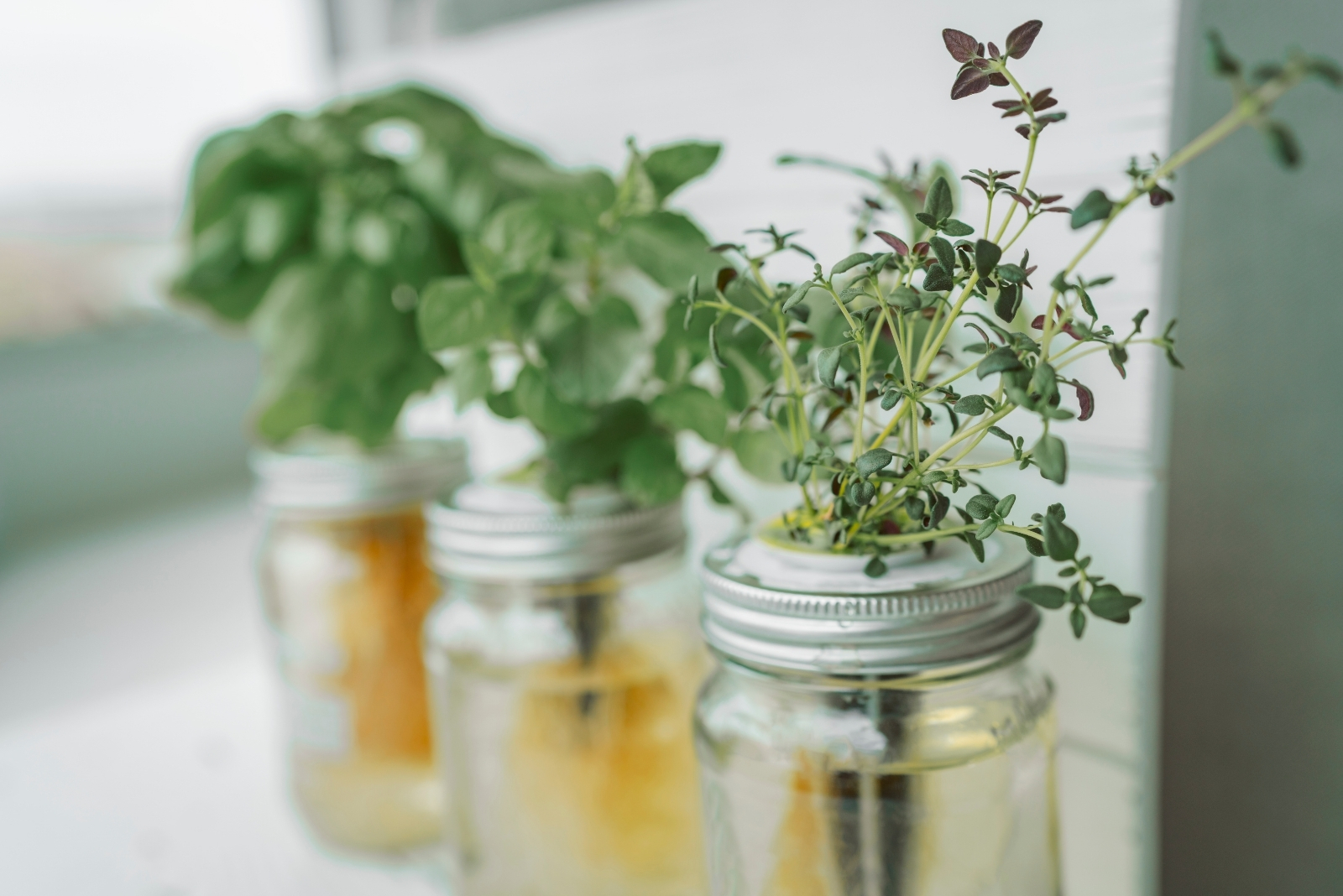
Growing herbs in water is such a fun and satisfying project, especially in New Jersey’s changing seasons. I started with just a few sprigs on my windowsill and was amazed at how quickly they took root.
No messy soil, no fuss—just fresh, thriving herbs ready to snip for cooking. With a little attention and the right containers, you can have a mini indoor garden all year long.
Let me show you the simple steps that make it work every time.
1. Mason Jar Method
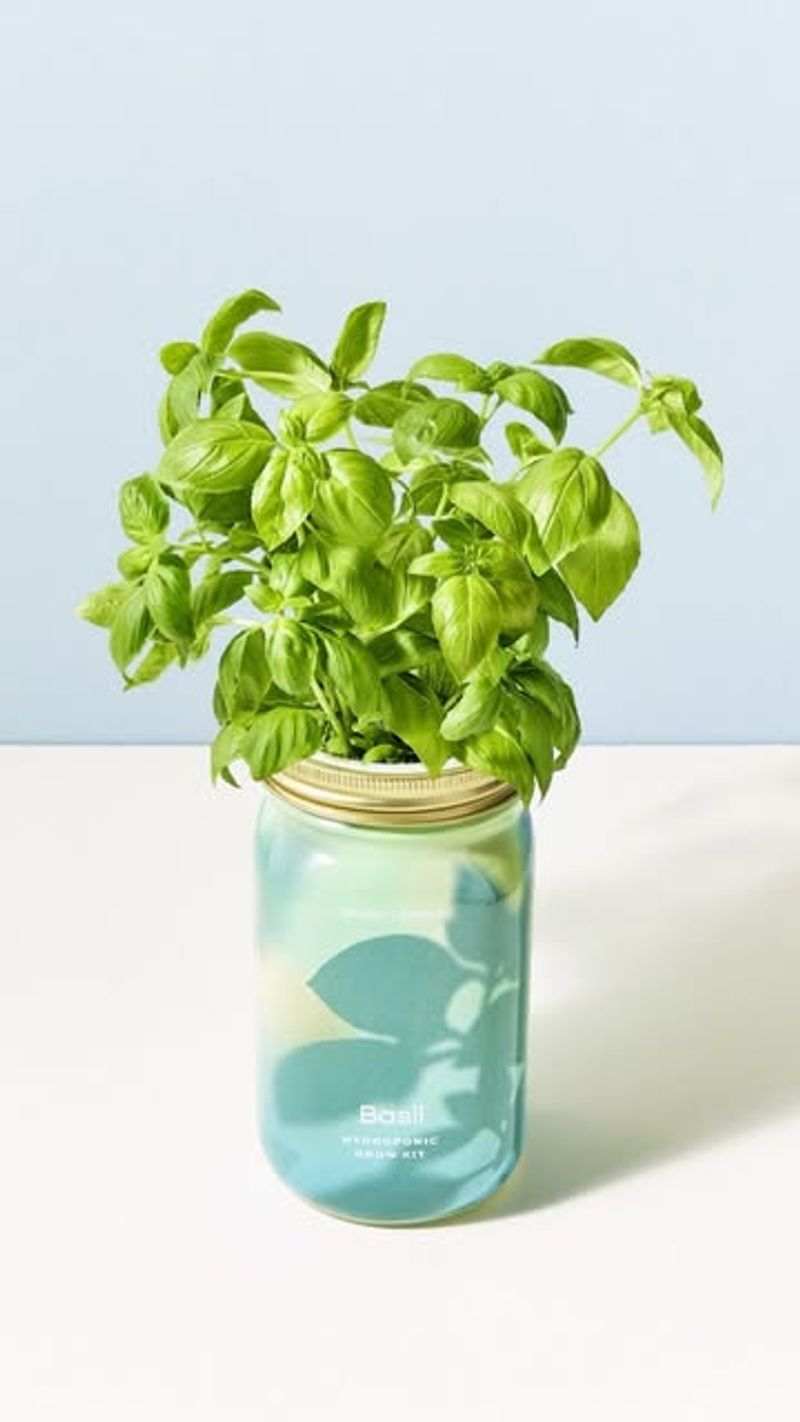
Start with clean, wide-mouth mason jars – those iconic glass containers work perfectly for herb growing in the Garden State. Fill them with filtered water and suspend herb cuttings using mesh or cheesecloth.
Remember to change the water weekly to prevent algae growth. New Jersey’s varying temperatures make indoor windowsills ideal locations, especially during winter months when outdoor gardening becomes challenging.
2. Recycled Bottle Gardens

Those empty soda bottles cluttering your recycling bin can transform into mini herb gardens! Cut bottles horizontally, invert the top portion, and secure it into the base to create a self-watering system.
Many New Jersey apartment dwellers appreciate this space-saving solution. The clear plastic allows you to monitor water levels and root development while adding a touch of sustainable gardening to your Jersey home.
3. Floating Raft System
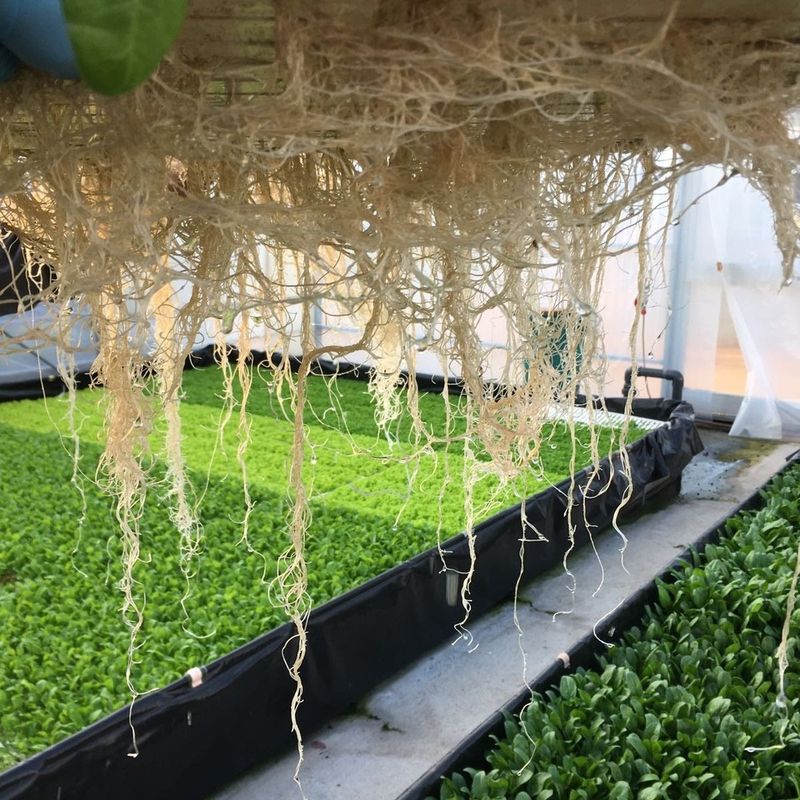
Create a miniature version of commercial hydroponic setups using foam boards that float on nutrient-rich water. Drill holes in the foam to hold small net pots containing your herb seedlings.
New Jersey gardeners find this method particularly effective for leafy herbs like cilantro and parsley. The roots grow directly into the water below, creating a sustainable herb garden that thrives even during Jersey’s humid summers.
4. Window Nutrient Film Technique
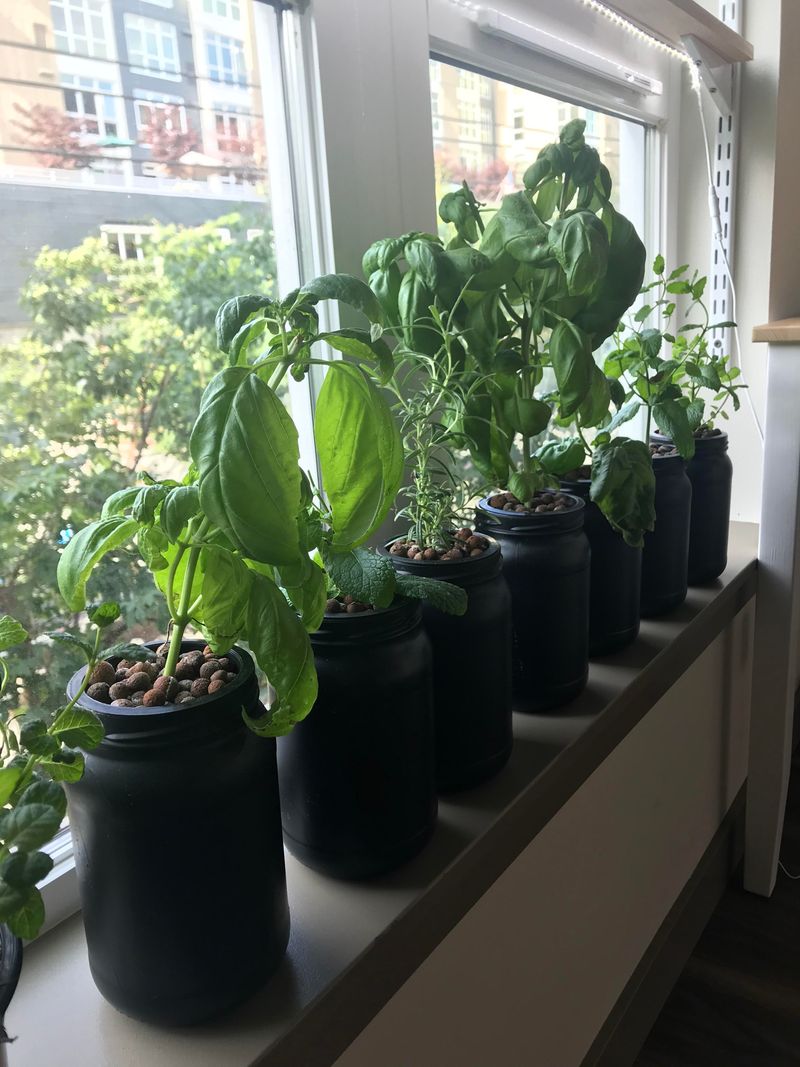
Channel systems along windowsills allow water to flow in a thin film past herb roots. This continuous flow provides oxygen and nutrients while preventing root rot – perfect for New Jersey’s occasionally muggy climate.
Many Garden State herb enthusiasts construct these systems from rain gutters or PVC pipes. The setup maximizes limited space while providing excellent growing conditions for water-loving herbs like mint and watercress.
5. Kratky Method
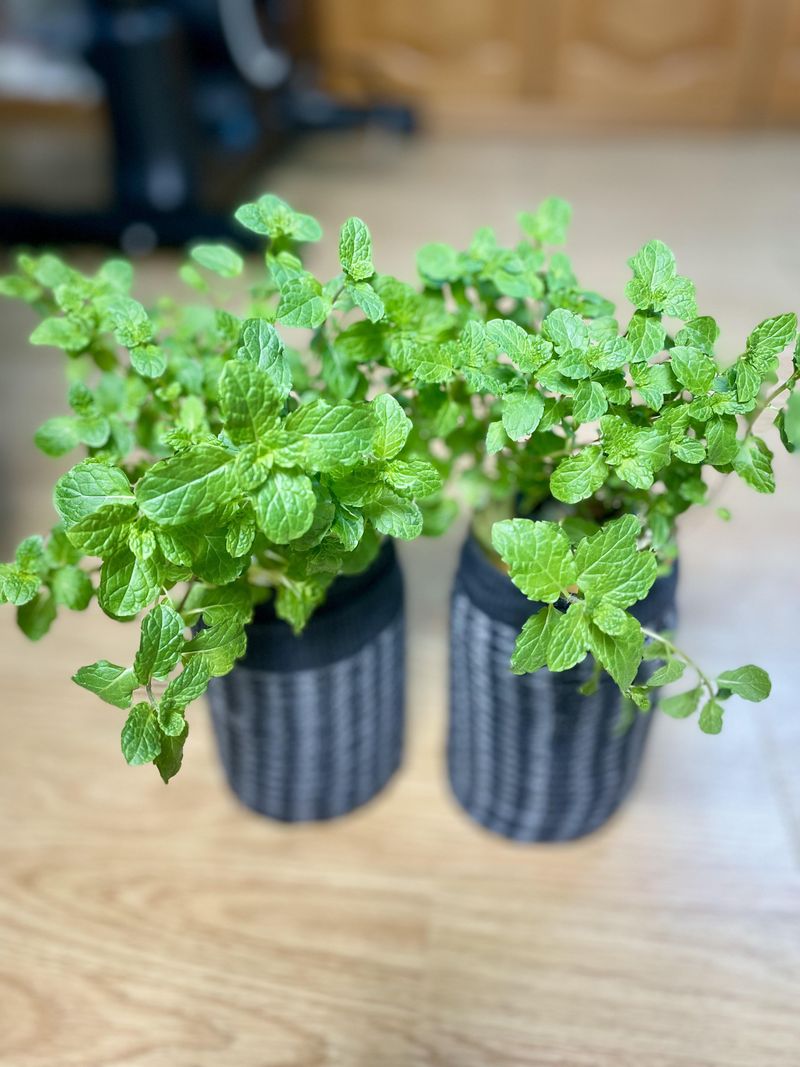
The simplest no-pump hydroponic approach involves placing herb cuttings in containers with water and nutrient solution. The water level gradually drops, creating an air gap for root oxygenation – no electricity required!
New Jersey gardeners particularly appreciate this low-maintenance method during frequent summer power outages. Just place containers in a sunny spot, and herbs like basil and rosemary will thrive with minimal intervention.
6. Aquaponic Desktop Gardens
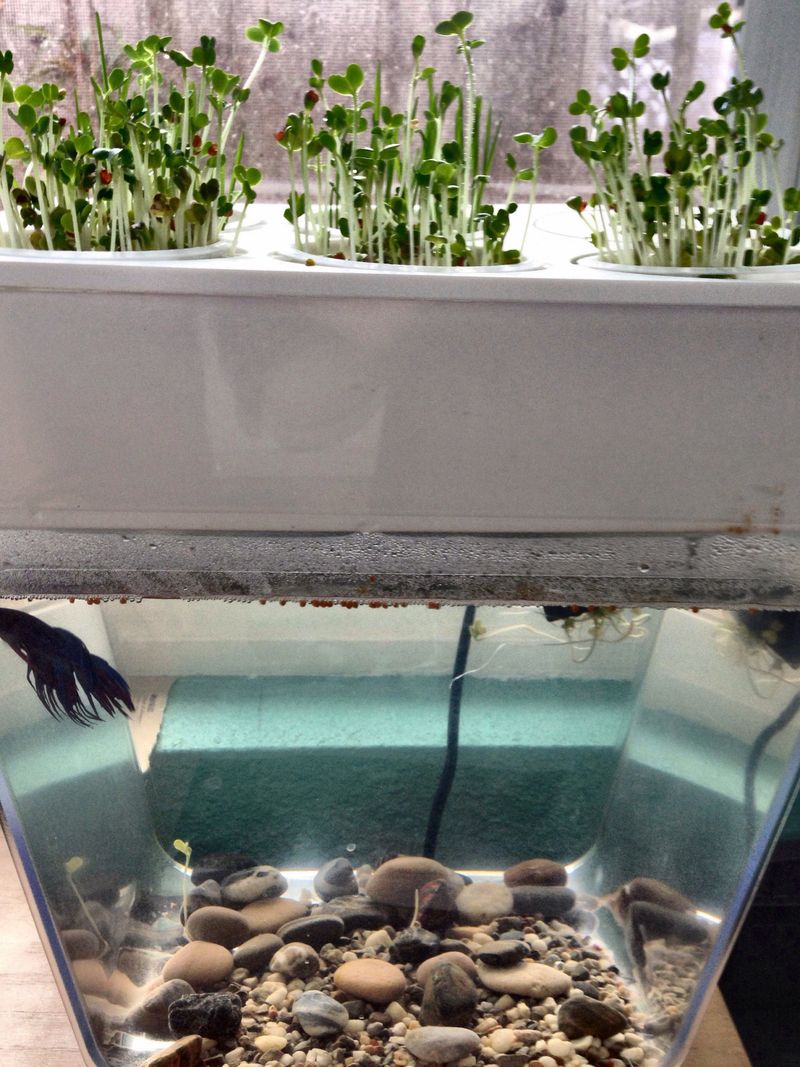
Combine herb growing with fish keeping in small desktop aquariums. The fish waste provides natural fertilizer for herbs growing above, while plants filter the water – a perfect symbiotic relationship.
New Jersey teachers often use these setups for classroom science projects. Betta fish work wonderfully in these compact systems, creating living ecosystems that demonstrate sustainable growing techniques while providing fresh herbs.
7. Vertical Water Towers
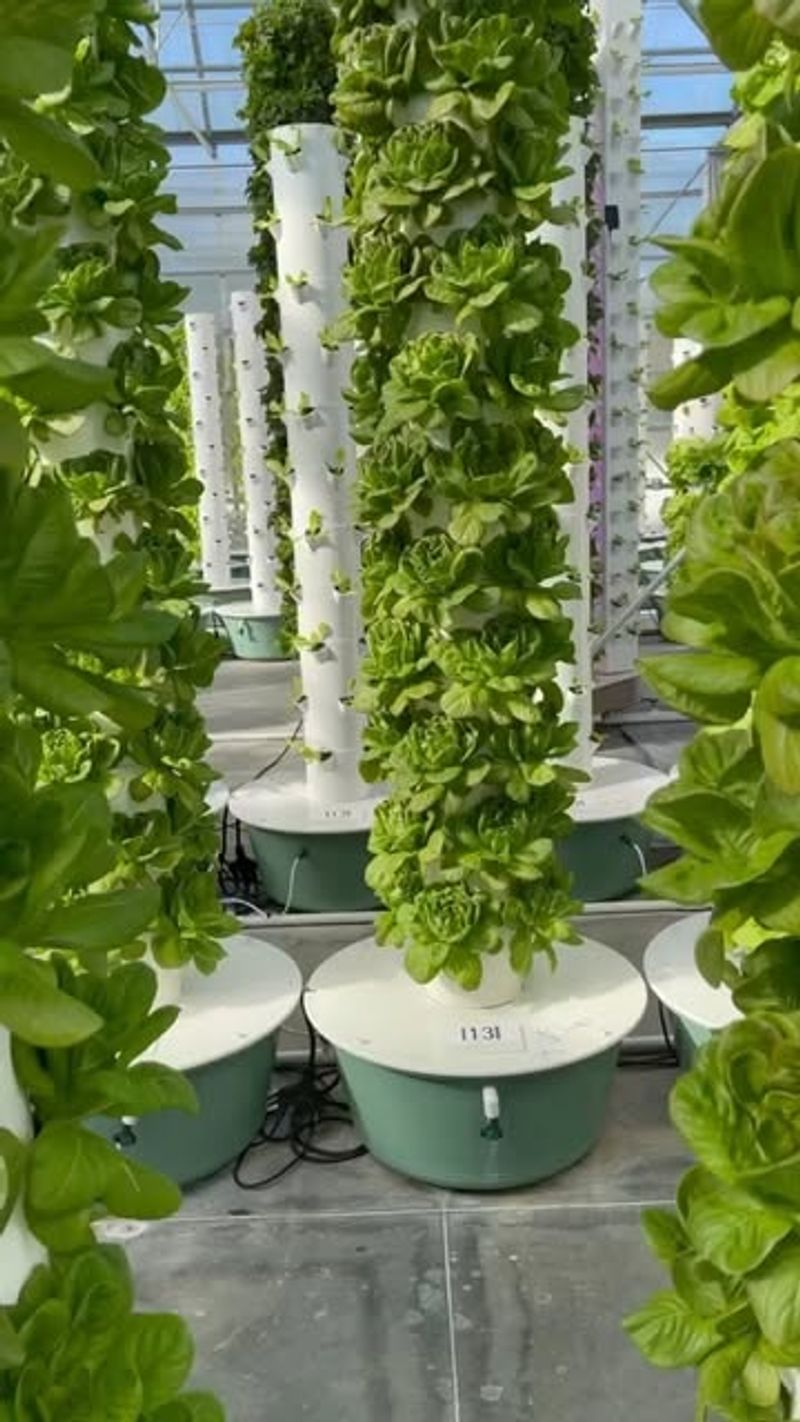
Maximize limited space by stacking growing containers vertically. Water circulates from top to bottom, nourishing multiple herbs in a compact footprint – perfect for New Jersey balconies and small patios.
Garden State apartment dwellers can grow diverse herbs like thyme, oregano, and sage in a single vertical system. These towers make efficient use of both water and space while creating an attractive garden feature.
8. Winter Windowsill Herb Bottles
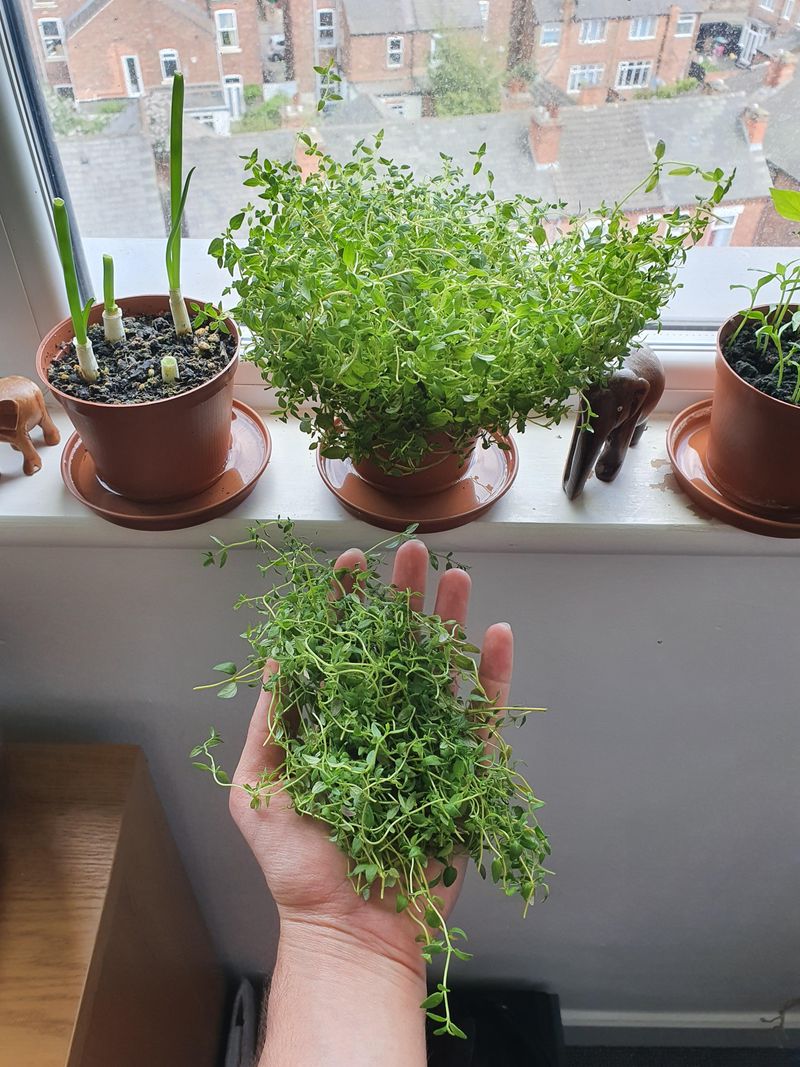
Dark glass bottles protect delicate roots from light while providing stability for growing herbs. Simply fill with water, add rooting herbs, and place on a sunny windowsill to enjoy fresh flavors even during New Jersey’s snowiest months.
Garden State cooks particularly value this method during winter when outdoor gardens are dormant. Herbs like chives and mint root readily in water, providing fresh ingredients for warming winter dishes.

